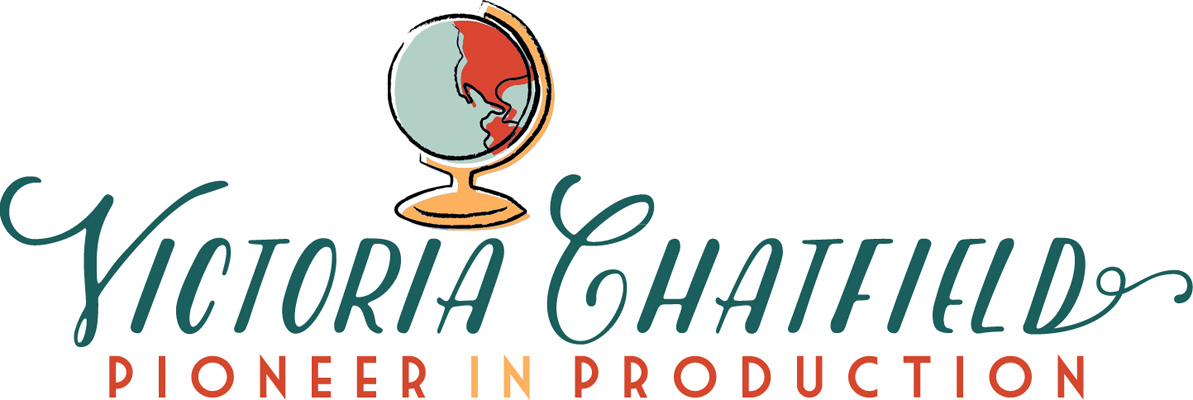Let me preface the following by saying that I'm sure there are problems with the GCSE. Even during my short stay in the UK, I heard teachers complaining about these summative assessments. But when I compare them to what we have in the US, I'd gladly take the GCSE any day. The assessment consists of:
- Written paper (40% of total score): The written paper has three different parts. First, the student writes about a practical performance-based experience that she had during the course. She considers the skills that she developed as a result of her participation, analyzes the rehearsal/production process, and evaluates the effectiveness of her own contribution. Secondly, the student studies a scripted play (from a reading list provided by the GCSE) through practical workshops. He's asked to complete tasks like reading an excerpt from the script and explaining the acting choices that he might make onstage or describing a costume that he might design for a specific character. During this activity, he needs to prove that he has a thorough understanding of the social, historical, and cultural context of the play. Finally, the student needs to write about a live theatrical production that she attended -- engaging with theatre as a critic as well as a practitioner.
- Practical work (60% of total score): Students have to create a piece of theatre. For a standardized test.
You can go back and read that last sentence again. I'll wait.
Students create work in two "controlled assessment options" (which include devised thematic work, performance [including improvisation and physical theatre], theatre in education, and technical theatre). The amount of time allocated for each student is five minutes -- so a group of four would get twenty minutes total for their performance. All technical theatre/design work must be used in an actual performance -- so if you're a student whose "controlled assessment option" is lighting design, you need to actually plot, gel, hang, focus, and operate lights for a group's final performance. Teachers are expected to provide skills-based instruction and feedback during the groups' rehearsal processes. Teachers keep records of the students' contributions and send these documents in to the test-scorers as part of their assessment. (That's right. The GCSE uses teachers' observations and comments as part of their standardized test scores.) Students also share the written work that they complete during rehearsals/production meetings and are partially scored on that ("process") as well as the final outcome ("product").
 |
(DISCLAIMER: All of my information on the GCSE comes from test prep guides that may be outdated. I ordered as many of them as I could from Amazon.co.uk but, admittedly, there weren't many that could be shipped to the US. I'm looking forward to observing actual GCSE Drama classes when I return this winter, as well as hopefully chatting with a representative from AQA [Assessment and Qualifications Alliance] -- the organization in charge of testing in the UK. Can I just mention that this quote is prominently featured on AQA's website? "Being a charity means our focus is always on what benefits education -- and any money we make gets invested back into education." Can anyone tell me why the US doesn't create a non-profit organization[s] to create our state/federal tests instead of relying on massive profit-generating corporations like Pearson?)
While students can choose to perform/design scripted works for their final GCSE project (like in the photograph above), the GCSE has helped develop a culture of devised theatre in the UK that promotes student engagement in and reflection on social and political issues. There are certainly schools in the US that utilize the devised theatre model -- but nowhere near as many as in the UK. (In the US, devised theatre tends to be used for the occasional production, as opposed to being the bedrock of the department. During my high school career at Buffalo Seminary, we only worked with devised theatre once and even that production was rooted in student-written texts from the AP English Literature class about the American Dream [responding to a curriculum featuring The Great Gatsby, A Raisin in the Sun, and Death of a Salesman]. All of our other productions were completely scripted works.)
Obviously, the GCSE is a huge departure from our standardized tests. I can't figure out why we haven't adapted this model. A practice-based standardized test seems like it would help meet the needs of teachers (who have been pushing for portfolio-based assessment in lieu of standardized testing for years), parents (who have become so opposed to drill-and-kill standardized testing that opting out has become a national movement), and students (who hate filling in those little bubbles with No. 2 pencils). Yet, for some reason, we persist in administering tests that feature cut-and-dry A-B-C-D answers, along with dull and/or nonsensical reading passages. (Pineapples, anyone?)






Best Casinos in Canada
ReplyDeleteThe casinos in Canada offer several different casino games 검증 업체 먹튀 랭크 that are offered 파라오 도메인 by reputable casinos. There are a huge selection of games 포커배열키보드 for Top Canada Casino Sites · Table Games · Casinowebsites 야구 분석 · Casinowebsites 벳 365 주소